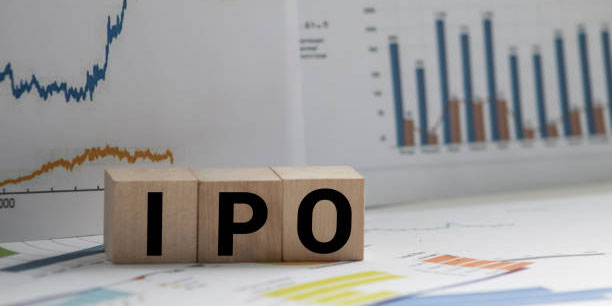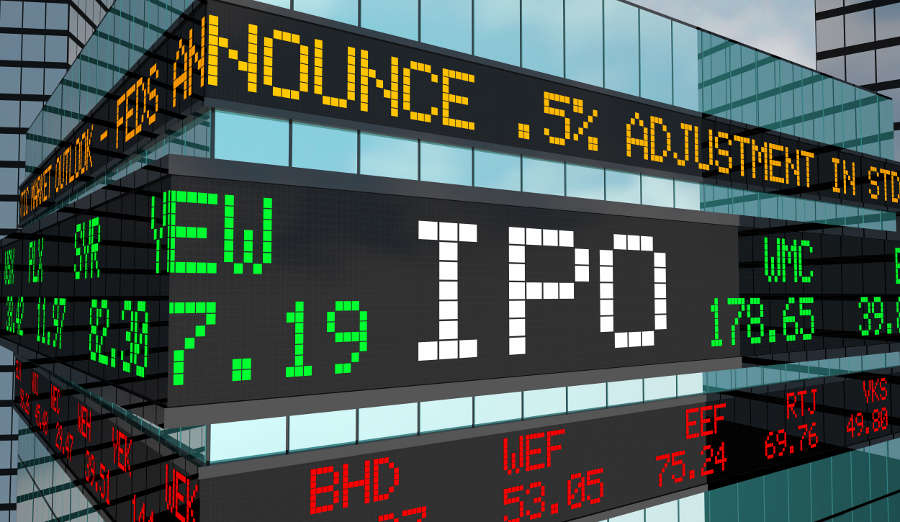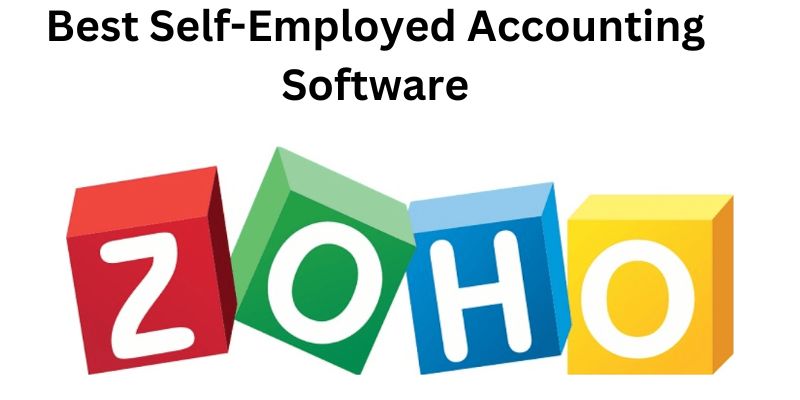Nov 03, 2023 By Triston Martin

In a conventional IPO, the central underwriting investment bank sets the price. Before the first day of trade, investment bankers determine the final offer price by utilizing a variety of factors, including financial data, similar business valuations, expertise, and sales abilities.
A complex fusion of technical knowledge and creative flair. The odds of the ordinary investor acquiring IPO shares before trade are low for various reasons. But it doesn't mean there isn't a way to make money from them if you know what you're doing.
Who Sets The IPO Price?

Both pre-IPO shareholders and new investors stand to benefit from a company becoming public. Brand-name, market-leading businesses may use their profits to expand through new investments and acquisitions, boosting their revenue and profit levels. There is a ready market for current shareholders to sell out some or all of their shares.
It is common practice for businesses to retain the services of an investment bank when they are thinking about going public so that they may receive expert advice and assistance throughout the complex and expensive process.
How An Initial Public Offering Is Valued
The demand for the company's shares by the public is essential to the success of an initial public offering. The stock price will rise if interest in the firm is high. An IPO value is based on various criteria outside the demand for a company's shares, such as those of similar businesses, the company's expected rate of development, and its backstory.
Demand
Intense interest in a company's stock does not automatically translate to a higher valuation. However, this does increase the company's value. An initial public offering valuation is the procedure by which an analyst establishes the price at which a company's shares will be offered to the public.
The timing of an IPO and market demand can significantly impact a company's price, even if that company is identical to another. An initial public offering (IPO) is only made when the firm believes in significant interest in its stock.
Industry Comparables
Valuing an IPO also involves looking at comparable companies in the same industry. The IPO valuation will include comparing the value multiples ascribed to the IPO candidate's rivals if the IPO candidate operates in a sector with similar publicly listed firms. The thinking behind this is that investors will be prepared to pay about the same for a brand-new company to enter a sector as they are for the established players already there.
Growth Potentials
The prospects for the company's growth play a significant role in determining the valuation of an IPO. The main goal of an IPO is to gain financial backing for expansion. A company's ability to increase and the accuracy of its predictions are critical factors in the success of an initial public offering.
An Inspiring Business Story
An IPO price is based on several qualitative and quantitative considerations. You can convince investors just as effectively with a company's backstory as with financial forecasts. The possibility that a company's new offering may spark a paradigm shift in its sector or represent an innovative take on an established business model is one factor that could play into its price.
Companies that were founded in the 1990s and were instrumental in the development of the Internet are a prime illustration of this phenomenon. Some of these companies were valued at billions of dollars even though they were not yet making a profit; this was done since they were pushing cutting-edge technologies.
Investor Dangers in Initial Public Offerings

Selling a set number of shares at the best possible price is the primary goal of an initial public offering. Therefore, businesses only do an IPO when they are confident there will be strong demand for their shares.
Since stock values were so low during the ensuing market slump in 2009 and 2010, the IPO market virtually evaporated. It is always feasible for the buzz surrounding a company's products to overwhelm the company's fundamentals when demand for the stock is in the company's favor. This benefits the firm seeking funding at the expense of the investors purchasing shares.
Opening Price vs. Offer Price
The starting price on the exchange indicates what the market is ready to pay for shares, whereas the offer price decides how much money the issuer receives for the shares. The investment banking team must strike a balance between their two most crucial and often competing responsibilities
Since they are working on behalf of the issuer, they need to secure the best possible share price for the offering. Still, they need to ensure the pricing is competitive so buyers would snap up all of the shares.
-

How to Consolidate a Bad Credit Debt?
Feb 26, 2024
-

Choosing the Best Mortgage Lender: CitiMortgage or Chase Bank Mortgage?
Oct 17, 2023
-

Mutual Funds vs. Hedge Funds: An Overview
Feb 10, 2024
-

Credit Cards That Offer In-Flight Savings and Bonuses
Oct 15, 2023
-

Should You Upgrade Amex Delta Blue to Delta Gold?
Oct 15, 2023
-

Best Self-Employed Accounting Software
Dec 05, 2023
-

Unlock Your Travel Potential: Best United Airlines Credit Cards
Oct 09, 2023
-

Cracking the Code: Maximizing Credit Card Sign-Up Bonus Offers
Oct 15, 2023



